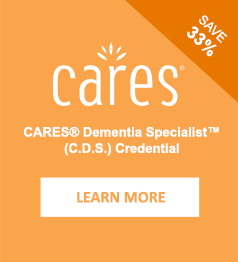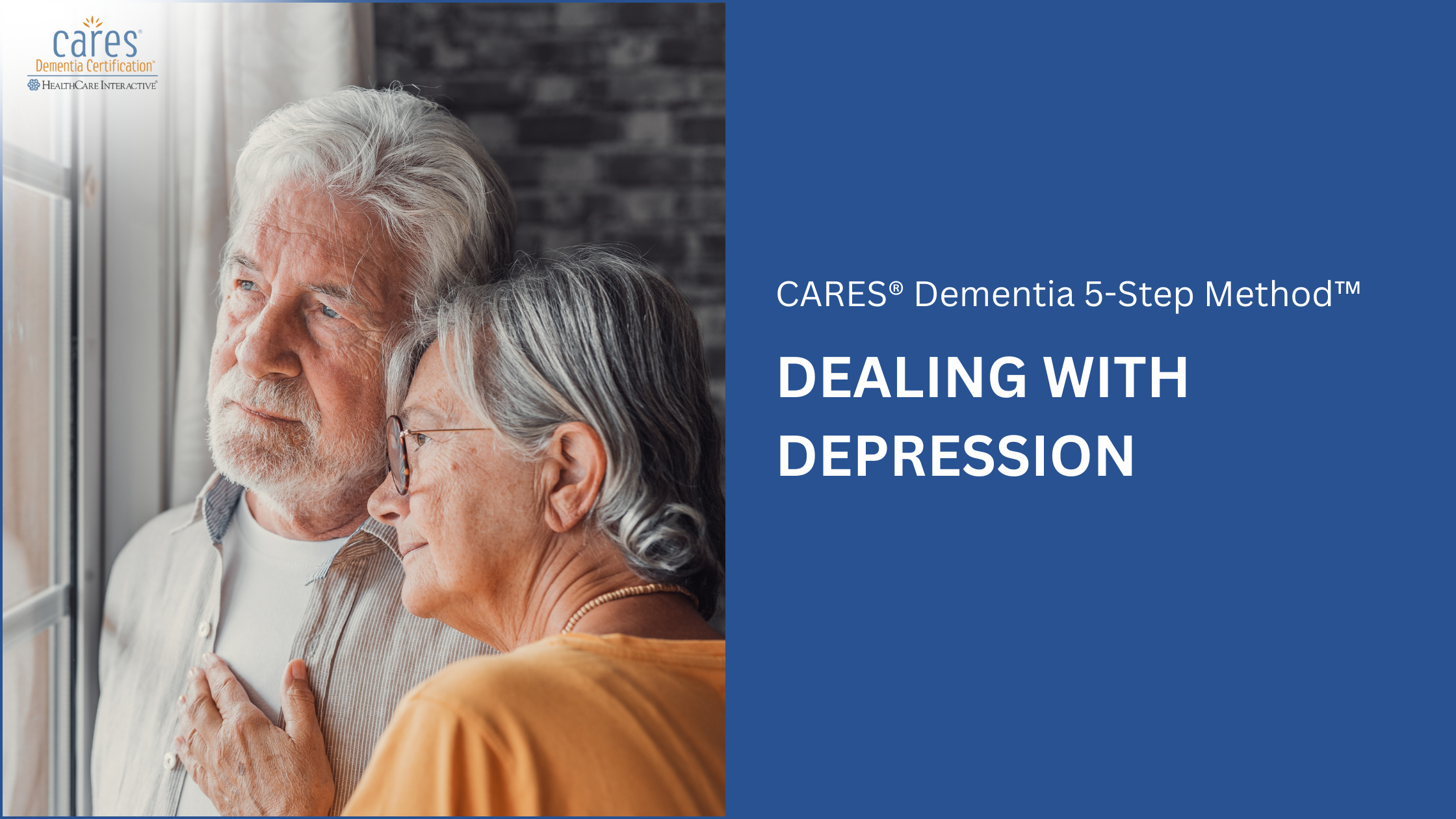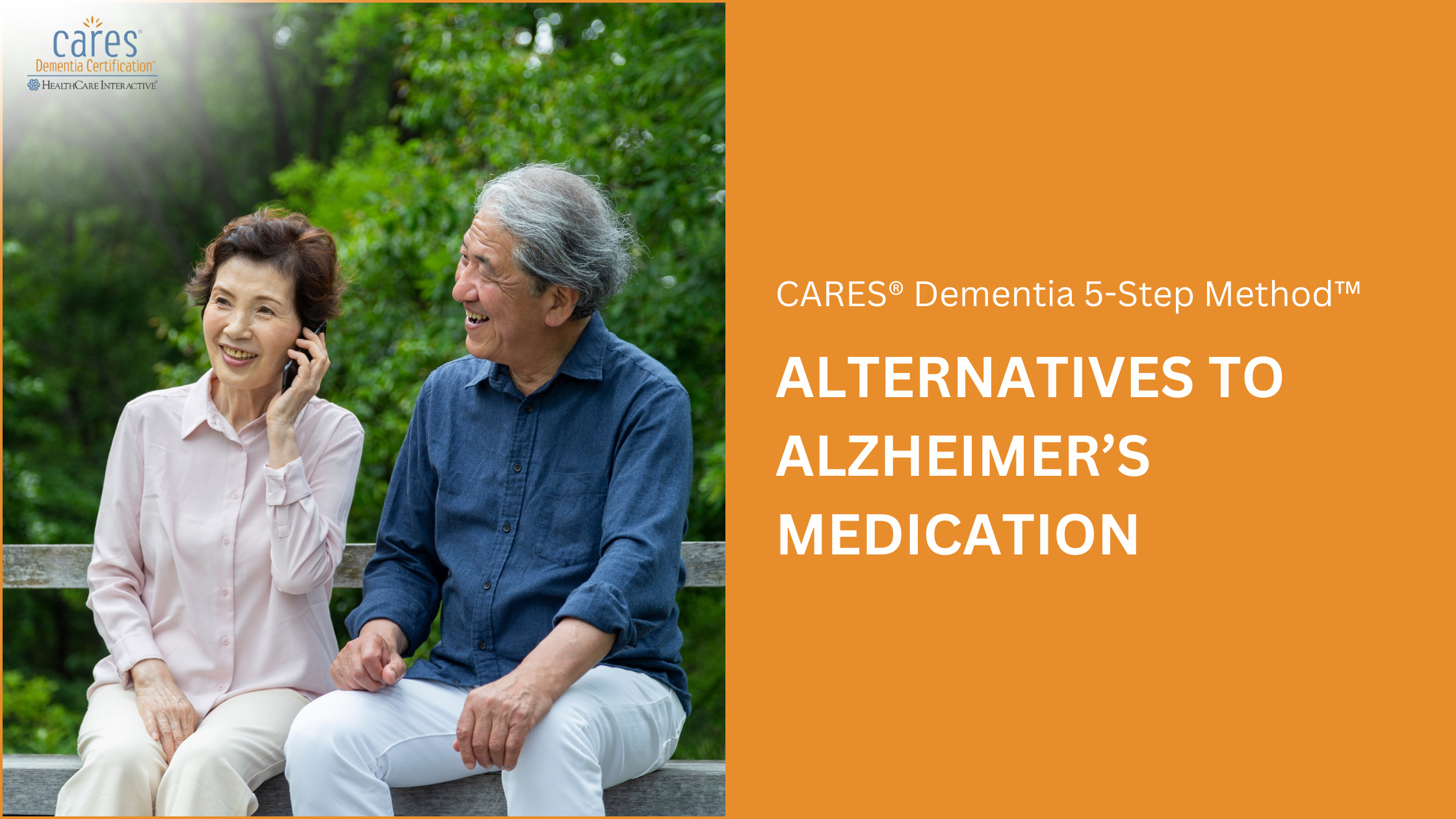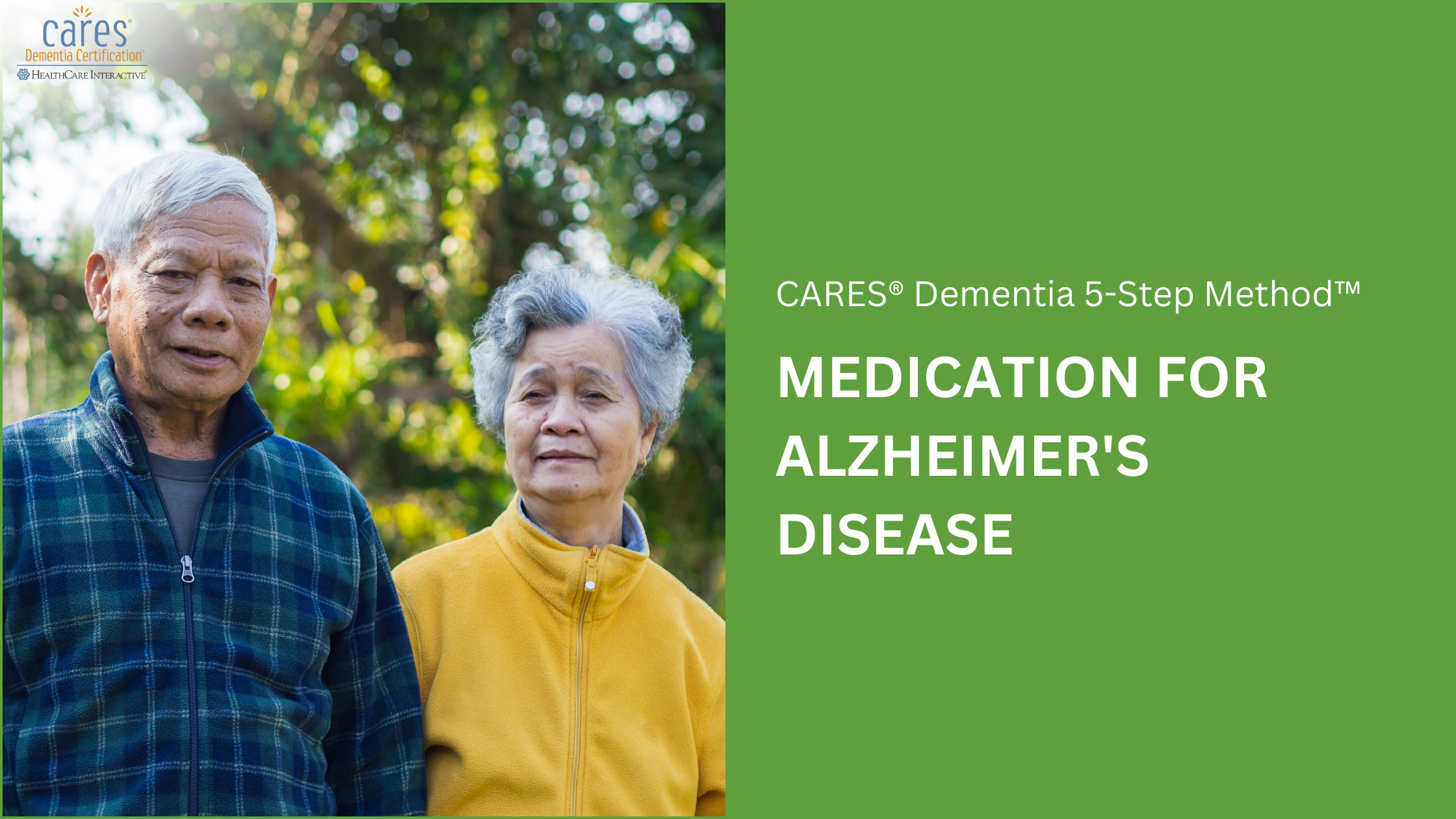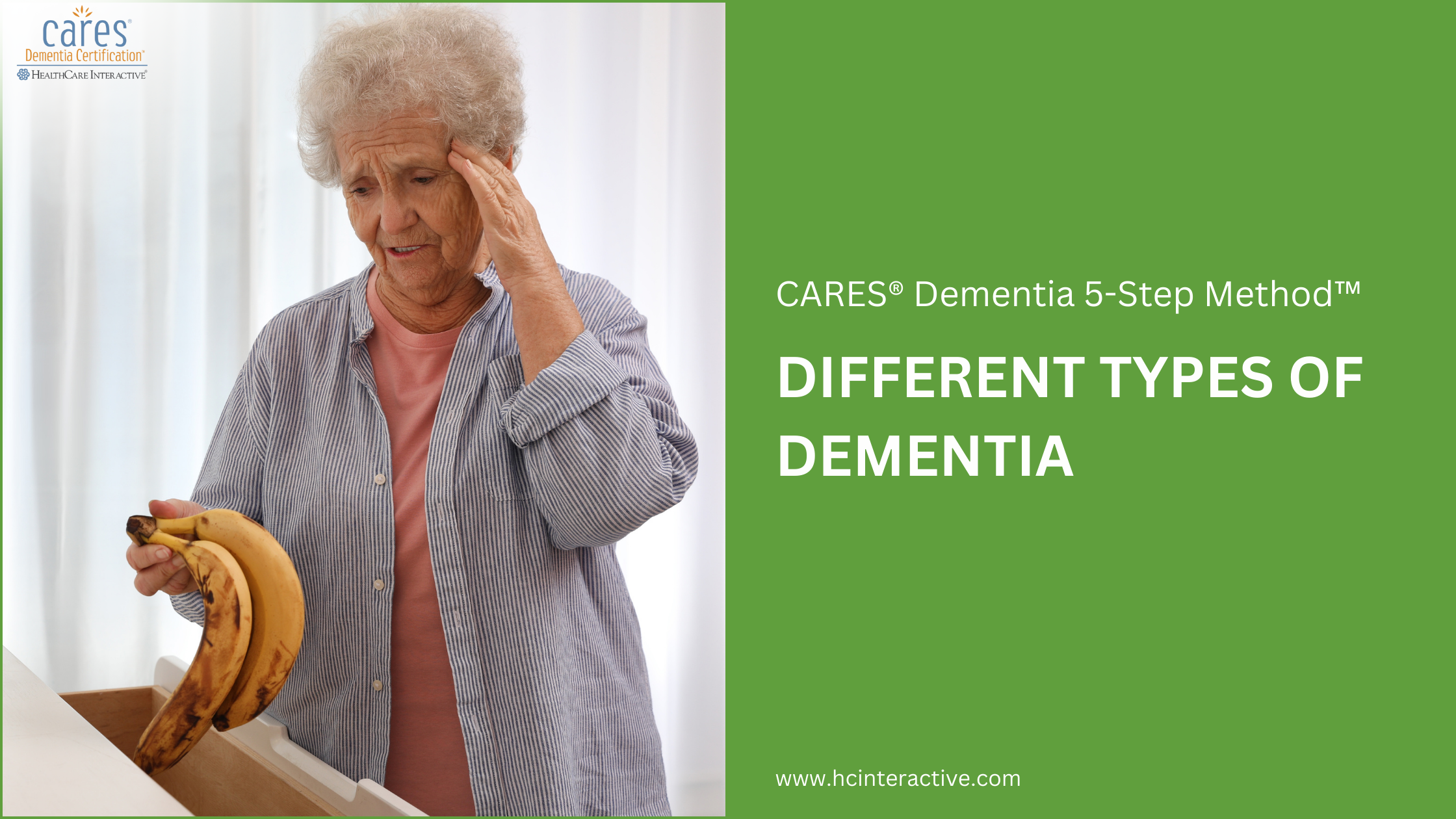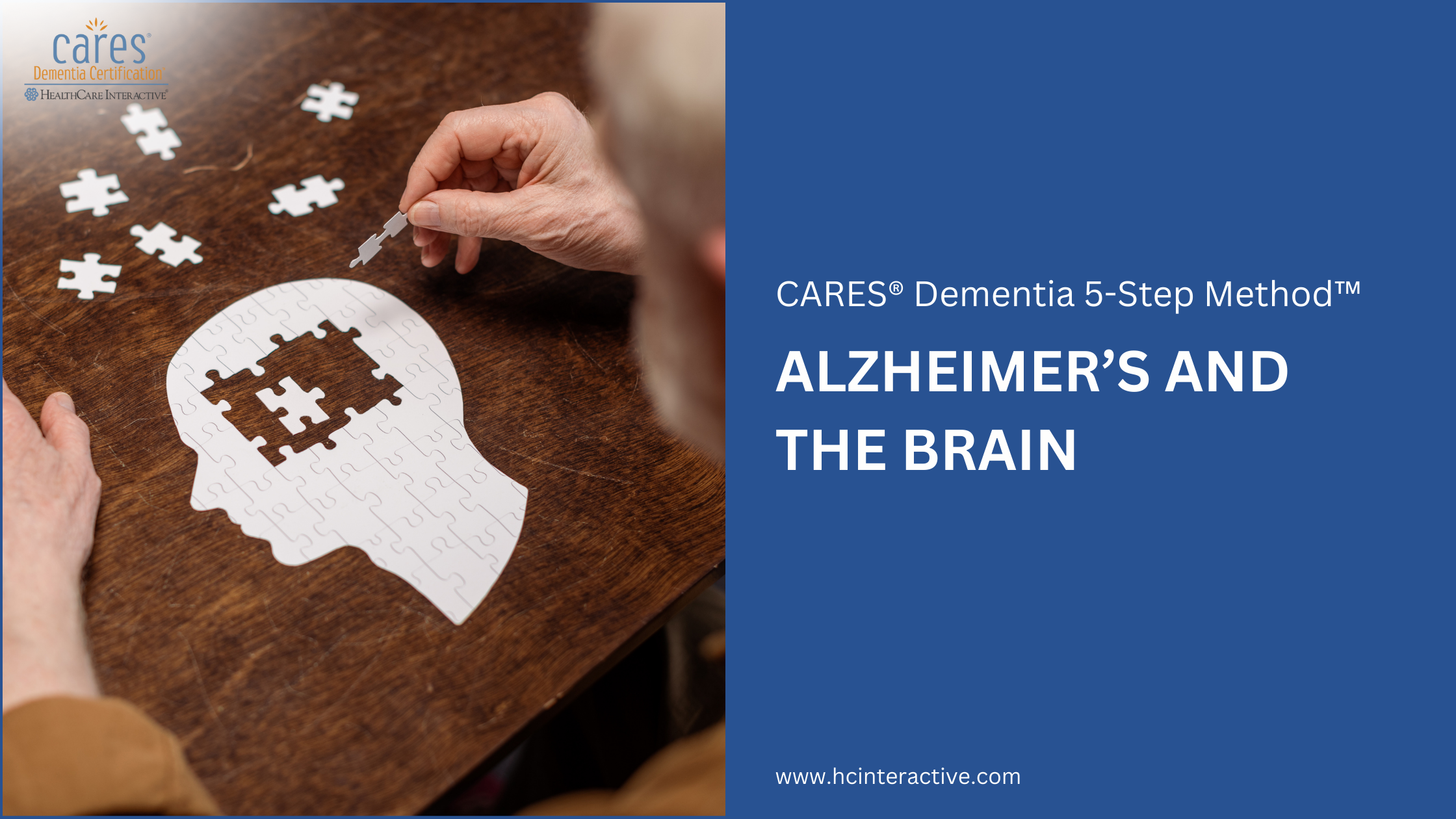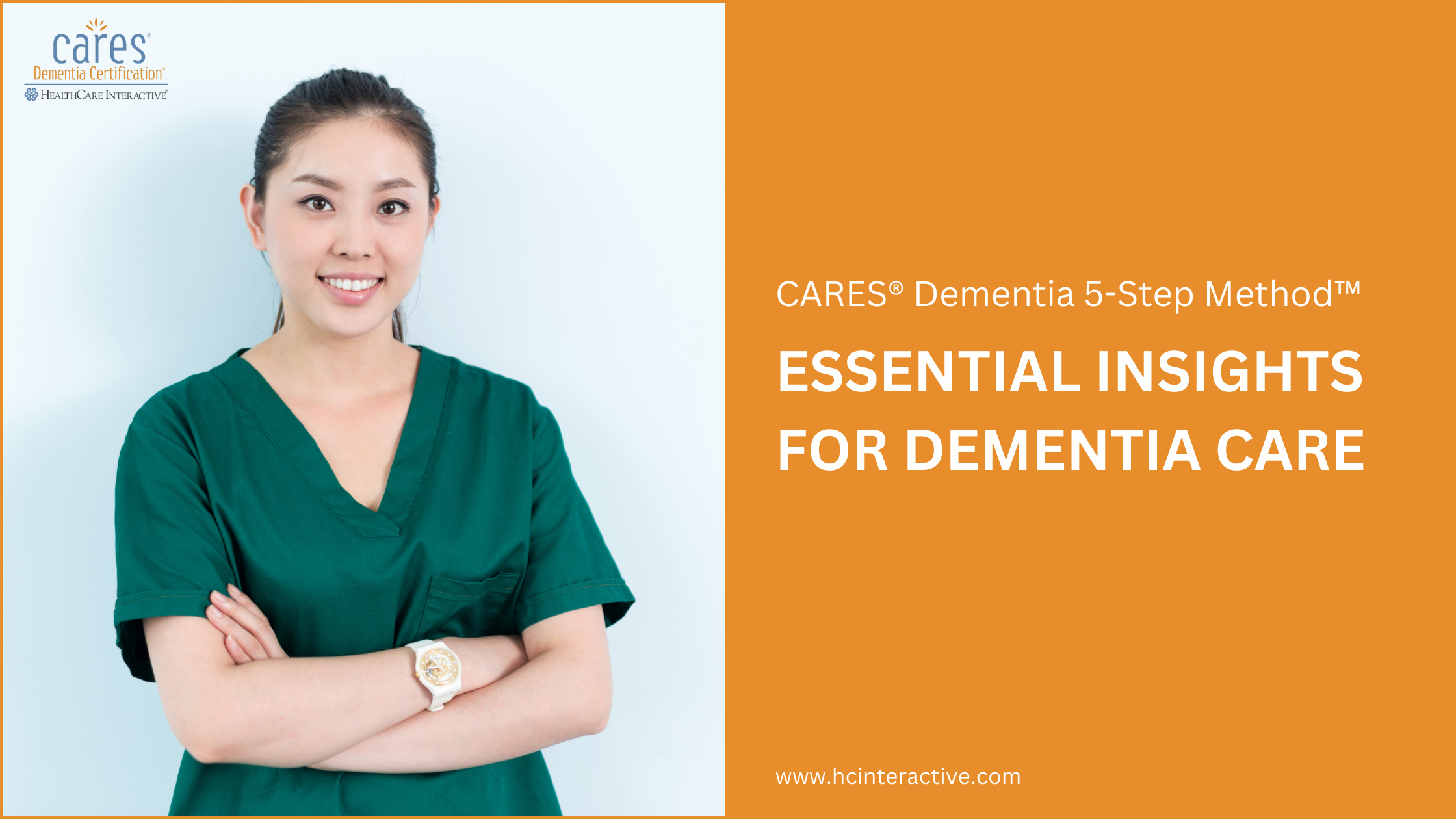The Alzheimer’s Association reports that many people with Alzheimer’s disease also experience depression, particularly in the early and middle stages. There is treatment available, it’s possible to improve a person’s quality of life by treating their depression.
Signs of Depression
How can you tell if someone you’re caring for is depressed? It can be tricky, as Alzheimer’s disease shares symptoms with depression. But there are some signs of depression in dementia that you should consider.
Common signs include:
• Loss of interest in activities and hobbies
• Withdrawal from friends and social activities
• Memory problems
• Trouble concentrating
• Sleeping too much or too little
As Alzheimer’s progresses it becomes more difficult for the person to identify and communicate feelings such as sadness, hopelessness, or loneliness. If you notice signs of depression, consult with the care team to reach out to their doctor.
Diagnosing Depression
Diagnosing depression in someone with Alzheimer’s disease is important but challenging. It involves a thorough evaluation, where doctors interact with the person, observe their behavior, and review reports from caregivers and other staff members. If you notice signs of depression, consult with someone on the care team to contact the person’s doctor.
Treating Depression
When a person with dementia is also depressed, seeking treatment is essential for improving their quality of life. Treatment options may include medication, counselling, and re-engaging with people or activities that bring them joy. It is not helpful to tell the person to “cheer up,” “snap out of it”, or “try harder.”
For more information about the diagnosis and treatment of depression in people with Alzheimer’s disease, please visit the free preview of CARES Dementa 5-Step Method at www.hcinteractive.com/5StepDemo.
Supporting individuals with Alzheimer’s who may also experience depression requires a compassionate approach.
Equip yourself with the skills to make a difference by exploring the CARES® Dementia Certifications. For a limited time, save 15% on certifications with code CDS15PROMO at checkout.
Empower yourself to provide better care and improve the quality of life for those you support. Get a free demo!
